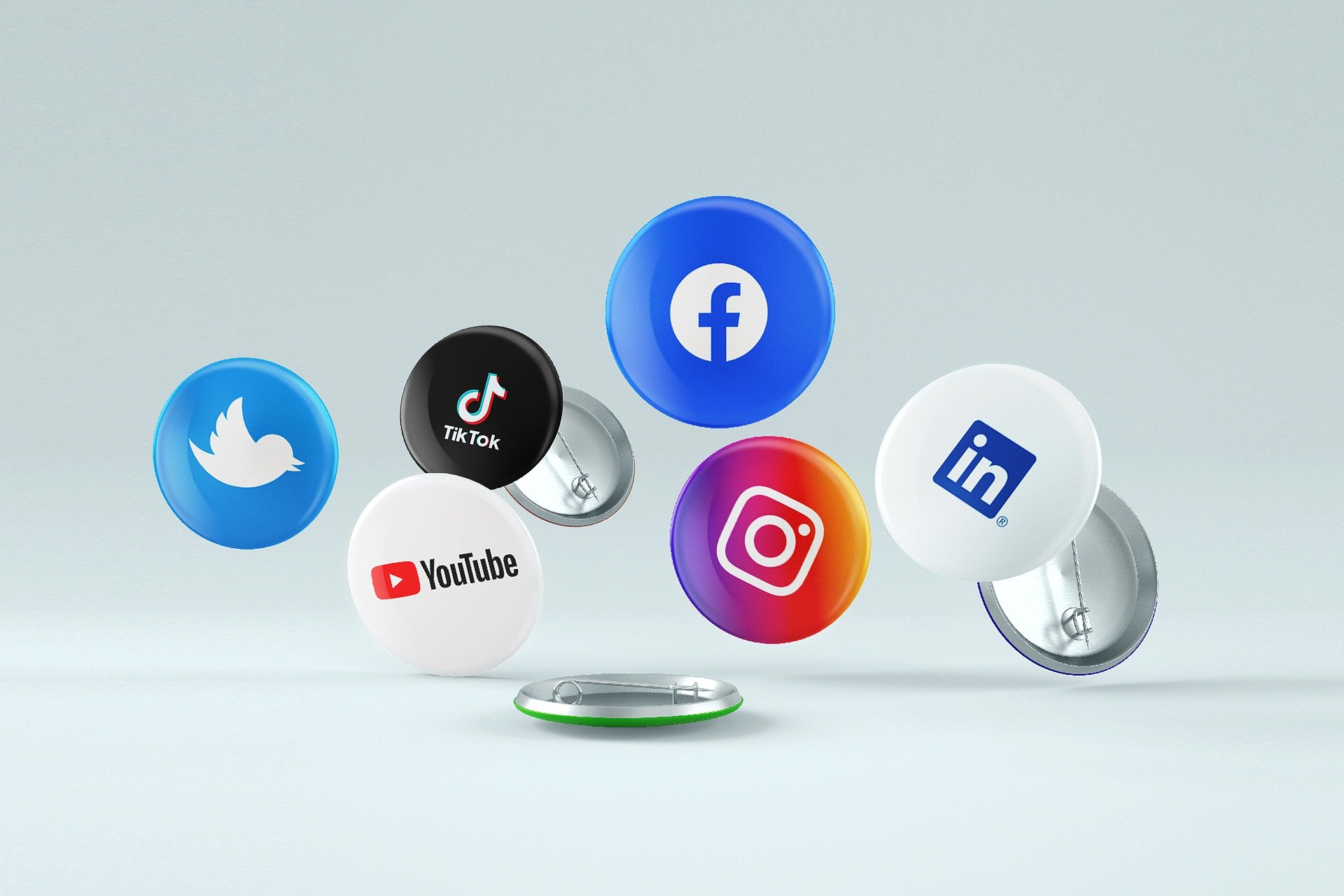A sound social media strategy is more important than ever for restaurants in 2022. With a strong social media presence, you can improve your restaurant’s reputation and reach more prospective customers in your area. The following review discusses six tips for creating a social media strategy for your restaurant.
6 Tips to Create a Social Media Strategy for Your Restaurant
You can create an effective social media strategy for your restaurant by establishing goals and key performance indicators (KPIs) for your social media campaign, learning more about your target audience and what social media platforms your target audience uses, and researching your competitors, along with additional tips discussed below.
1. Establish Your Restaurant Social Media Strategy Goals

The first step of any social media marketing strategy is to set your goals. Your goals should be unique and specific for your restaurant, rather than using generic, non-specific goals. However, more generalized goals to consider for your restaurant’s social media strategy are:
- Increase brand awareness
- Increase community engagement
- Grow your brand’s audience
- Generate more leads and sales
- Drive traffic to your website
It is important to establish your goals before creating your social media content calendar; the goals should dictate the types of posts you create. For example, if one of your primary goals is to increase community engagement, then creating contests via your social media platforms for a free restaurant meal may be a useful strategy to implement.
2. Establish The Key Performance Indicators (KPIs) for Your Social Media Strategy
After you establish your social media strategy goals, you will then need to establish your social media metrics to measure your success as you build your presence. Examples of metrics that may be useful include:
- Unique users who saw your post
- Clicks per social media campaign
- The number of social interactions
- Organic vs. paid views and likes
- Number of website visitors via social media
These key performance indicators provide you with tangible data to analyze to determine if you have reached (or are reaching) your social media goals. This allows you to make adjustments as necessary or give you confidence in your social media strategy for your restaurant if you are seeing the results you desire.
3. Gain an Understanding of Your Restaurant’s Target Audience
Once you establish your social media goals, you should take some time to research who your target audience is exactly. Of course, you likely already have a good sense of this based upon the demographic that visits your restaurant most frequently. This information should be used to personalize your social media approach.
4. Determine What Social Media Platforms Are Best for Your Restaurant

Different platforms attract different audiences, and it is important to research and determine where your prospective customers spend their time online. If your target audience is older, then Facebook and LinkedIn may be of more value to you. If the majority of your customers are Millenials or Gen Z, then focusing more on marketing for Instagram, Youtube, and TikTok may be more beneficial for your restaurant.
5. Find Out What Competitor Restaurants Do Well (and What They Do Not Do Well)
Competitor research is an important part of formulating your social media strategy. Competitors that do a good job of building and maintaining a strong social media presence can provide you with a clear vision of what success looks like for your restaurant’s social media as well as provide you with post ideas. You should also analyze areas where your competitors may not do as well and try to outperform them in these key areas.
6. Determine The Best Type of Content to Create for Your Restaurant
People follow social media accounts because they bring some sort of value to their life. This could be in the form of inspiration or simply making them laugh for a moment. With this understanding, you need to bring value to your target audience. For restaurants in particular, types of social media posts that are often effective include:
- Posts that show your personal and human side
- Short-form videos (i.e. cooking your most popular meals)
- Special offers in time-sensitive posts (i.e. Instagram stories)
- Live videos of your staff and restaurant environment
Of course, these are several of many possible ideas for your restaurant to implement. In addition to posting the right type of content, the timing should also be considered to optimize the time in which you post. For example, promoting a Friday special on Thursday afternoon and night may be more impactful than posting in the evening on Friday or earlier in the week.
Call Tunl Agency to Start Your Restaurant’s Social Media Marketing Campaign
Tunl Agency offers restaurant social media marketing services to help your restaurant grow its social media presence and reputation as well as increase its online presence overall. To learn more about Tunl Agency’s digital marketing services, call us or schedule a consultation today.


Leave a Reply